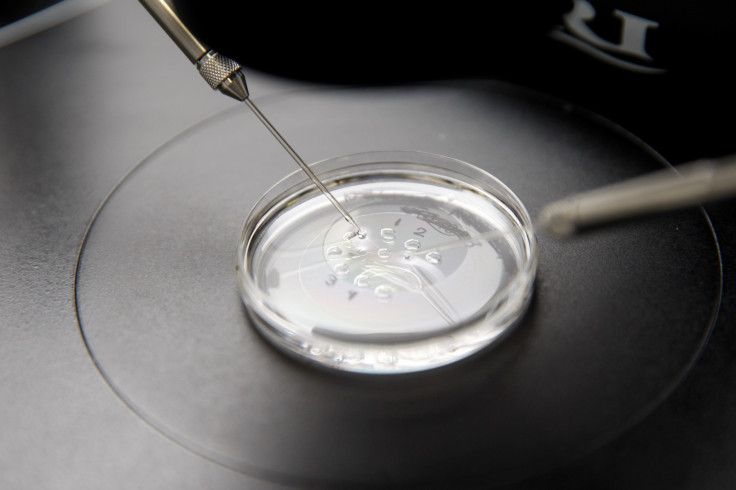London sperm bank bars dyslexic donors

Britain's largest sperm bank has barred donors with dyslexia and dyspraxia to "minimise the risk of transmitting common genetic diseases or malformations to any children born".
A leaflet from the London Sperm Bank describes a list of conditions it screens for, including attention deficit disorder (ADD), attention deficit hyperactivity disorder [ADHD], autism, Asperger's syndrome, dyslexia and the motor disorder dyspraxia.
When contacted by the Guardian, which first reported the restrictions, the Human Fertility and Embryology Authority (HFEA) said it had asked to clinic to explain its practices.
"The HFEA has never required or endorsed prohibiting people with dyslexia, dyspraxia, ADD, ADHD and other disorders from becoming sperm donors. The clinic's HFEA inspector is clarifying our requirements for selecting donors with the centre, and is reviewing all the exemptions cited in the centre's materials, to ensure that all future donors are treated fairly and in accordance with the law," said a spokesperson.
Steve O'Brien, chair of the Dyslexia Foundation and a board member of the International Dyslexia Association, described the practice as a form of "eugenics".
"It's trying to say that dyslexics shouldn't be in society. But we're moving into a visually-dominated world of Instagram and YouTube where, given the right tools, it is no longer an issue, because people with dyslexia are right-brained often with hyper-visual skills," he said.
There is debate over whether dyslexia, which affects an estimated 10% of the population, should be described as a disability. Leading figures in the arts and sciences have been diagnosed as dyslexic, including Steven Spielberg, Steve Jobs and Benjamin Zephaniah.
Vanessa Smith, quality manager at the JD Healthcare group, which runs the London Sperm Bank, said: "The HFEA has been in touch with us. In response we will be reviewing all our practices and protocols. There may be some genetic component to it. But we are going to review all the recent literature about it," she added.
© Copyright IBTimes 2025. All rights reserved.






















